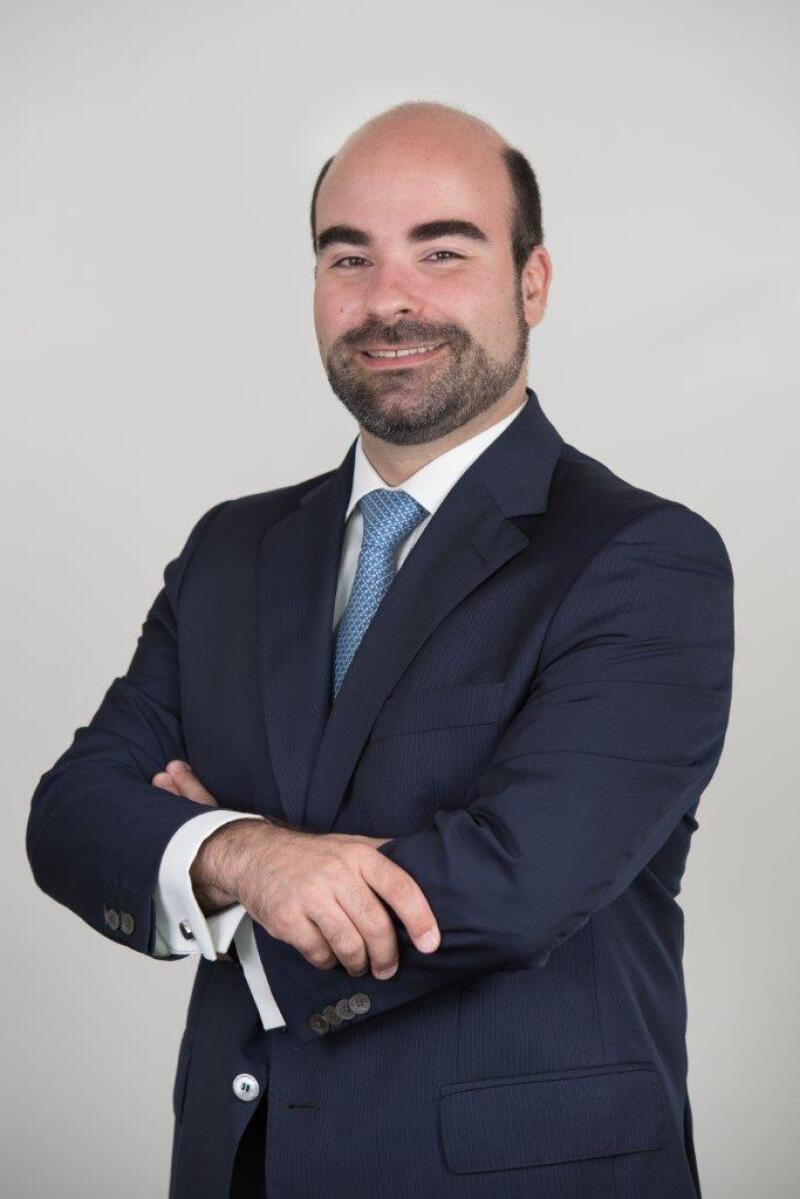Law 32/2019 of May 3, which implements into domestic law the Directive (EU) 2016/1164 of July 12 2016 (ATAD 1), amended by the Directive (EU) 2017/952 of May 29 2017 (ATAD 2), entered into force on May 4 2019.
Firstly, we highlight the fact that the law adopting ATAD 1 into Portuguese domestic law does not foresee a transitional period. Although the law entered into force in May 2019, it is unclear whether the tax authorities will apply the new rules throughout the whole taxable period.
Notwithstanding, and as set out in the preamble to the draft law, Portuguese legislation already foresees most of ATAD 1 measures to avoid tax evasion, meaning that the coming into force of this law will not entail, in general, a major shift in the playing field for companies acting in Portugal.
Despite measures foreseen in ATAD 1 not being completely innovative vis-à-vis the Portuguese legal framework, players acting in Portugal should acknowledge the impact of the amendments to the Portuguese tax regime and, most importantly, be prepared for the increasing paradigm shift in the way tax planning is globally perceived (and how Portugal follows the trend).
What’s new in the Portuguese regime?
In a nutshell, the key focus of the ATAD 1 was amendment of the existing rules on interest deductibility limitation and review of the existing general anti-avoidance rule (GAAR) and of the existing controlled foreign corporations (CFC) and exit tax rules. The implementation of anti-hybrid mismatch arrangements rules was postponed to later this year. The fact that Portugal has no such rules yet in force implies that there are several key decisions to be made by the Portuguese legislator that require deeper and further analysis.
The Portuguese existing GAAR is amended to accommodate a wider concept of tax abuse, aligned with ATAD 1 GAAR, focused on business-like arrangements. The wording of the existing GAAR was adjusted to foresee that a structure may be considered abusive if only one of the main purposes of the arrangement is to get a tax advantage, as it is no longer required that the arrangement is wholly or mostly aimed towards obtaining a tax advantage.
The fact that the amendment to the GAAR is made through a fine-tuning of the existing rule, may give rise to interpretation issues, as the existing case law is mainly focused on the previous wording and the prongs constructed around it that were being followed by the Portuguese Court may need to be updated to fit the revised concept of tax abuse.
As a result, we anticipate increasing litigation based on the GAAR under the new wording.
The existing Portuguese CFC rule determined that an entity is considered to be subject to a more favourable tax regime if the nominal tax rate is less than 60% of the tax due under the Portuguese Corporate Income Tax (CIT) Code. The regime now foresees that an entity is considered to be subject to a clearly more favourable tax regime if the actual corporate tax paid is less than 50% of the tax that would have been charged according to the CIT Code.
This amendment results in a more complex rule and brings the CFC rule to the standard analysis of the compliance departments of companies, to a daily-basis verification, snatching it away from the rationale of purely anti-abusive provisions. In fact, the Portuguese resident shareholder may not be able to anticipate the actual tax that is going to the paid by the CFC – a key question is to understand how the comparability test (foreign income tax vs. Portuguese CIT) will be carried out in practice.
Also, we must highlight that the existing Portuguese CFC rule was extended to apply to foreign companies even if their commercial activity is not directed towards the Portuguese market. The previous wording clearly excluded foreign companies that were engaged solely in international (non-Portuguese) activities.
Furthermore, we take the view that the moment of the adoption of the directive would have been a good opportunity to foresee a general exclusion based on economic substance which is currently limited to the EU and EEA, subject to administrative cooperation countries. The fact that the exclusion is not applicable to third countries may be used as an argument to challenge the application of the CFC rule when the CFC is in a non-EU or EEA country.
In what concerns the exit tax rules, the existing ones were amended and are now aligned with the wording of the ATAD.
Also, the existing interest limitation rule is amended to accommodate a wider definition of borrowing costs that contribute to determining taxable profit or tax loss, as the existing legal regime is already in accordance with that foreseen in the ATAD. This may imply a material impact on companies resorting to derivative financial instruments which are now covered by the interest limitation rule.
The coming into force of this amendment in the middle course of a taxable period raises some temporal application challenges that might be safeguarded.
This article was written by Francisco Cabral Matos and Rita Pereira de Abreu of Vieira de Almeida & Associados

|
Francisco Cabral Matos |
|

|
Rita Pereira de Abreu |













